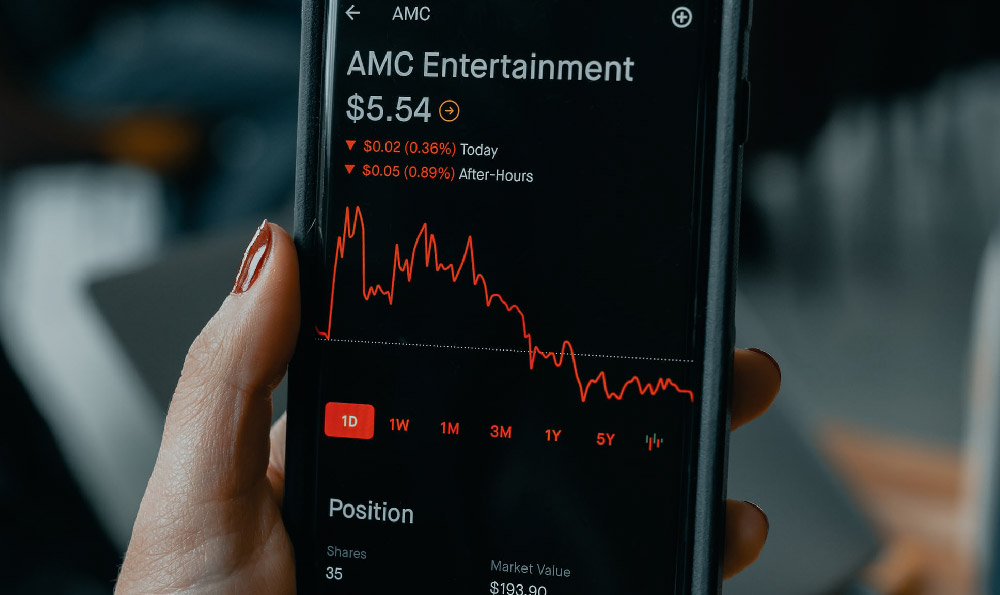Do Private Investigators Earn Well? What's the Average Salary?
The allure of private investigation, often romanticized in fiction, presents a career path that merges intrigue with meticulous work. While the profession offers a unique blend of autonomy and problem-solving, prospective investigators often wonder about the financial realities. "Do Private Investigators Earn Well? What's the Average Salary?" This question probes into the financial landscape of this profession, and the answer, as with most careers, is nuanced and dependent on various factors.
The notion of "earning well" is subjective, but we can analyze the average salary data to understand the typical financial compensation in this field. Publicly available data sources, like the U.S. Bureau of Labor Statistics, offer some insights, but it's crucial to recognize the limitations. The BLS often lumps private investigators with security guards or other protective service occupations, which can skew the average salary figures. It's also important to note that salary reporting lags, and current economic conditions can influence compensation.
Generally speaking, the average salary for a private investigator in the United States tends to hover around the range of $50,000 to $70,000 per year. However, this range is broad and doesn't tell the whole story. Experienced investigators, especially those with specialized skills or operating in high-demand areas, can significantly exceed this average. Conversely, those just starting out or working part-time may earn considerably less.

Several key factors influence a private investigator's earning potential. Experience is a primary determinant. Like any profession, seasoned investigators with a proven track record of successful cases command higher fees. Their expertise, established network of contacts, and refined investigative techniques make them valuable assets.
Specialization also plays a critical role. Private investigation is a broad field encompassing diverse areas of expertise. Some investigators focus on corporate investigations, such as fraud, embezzlement, or intellectual property theft. Others specialize in domestic investigations, including infidelity cases or child custody disputes. Still others might work on criminal defense cases, conducting background checks, locating witnesses, or gathering evidence. Certain specialties, like forensic accounting or computer forensics, require advanced skills and training, and investigators in these areas can often charge premium rates.
Geographic location is another significant factor. The demand for private investigators varies depending on the region. Metropolitan areas with high crime rates or a thriving business community often have a greater need for investigative services. The cost of living in a particular area also influences the hourly rates or fees that investigators can charge. For example, a private investigator operating in New York City or Los Angeles is likely to earn more than one working in a rural area due to higher living expenses and increased demand.
The type of employment also impacts earnings. Private investigators can work as independent contractors, employees of investigative agencies, or self-employed business owners. Independent contractors typically have more control over their rates and the types of cases they accept, but they also bear the responsibility for marketing, administrative tasks, and covering their own expenses, such as insurance and equipment. Employees of investigative agencies receive a fixed salary or hourly wage, which may be lower than what they could earn as independent contractors, but they also benefit from job security, benefits packages, and established client relationships. Self-employed business owners have the potential to earn the most, but they also face the greatest risks and responsibilities, including managing a business, attracting clients, and handling all aspects of operations.
Beyond salary, other factors contribute to a private investigator's overall financial well-being. Benefits packages, such as health insurance, retirement plans, and paid time off, can significantly impact an employee's total compensation. Independent contractors and self-employed business owners need to factor in the cost of these benefits when calculating their earnings.
It's also important to consider the expenses associated with the profession. Private investigators often incur costs for travel, surveillance equipment, databases, background checks, and legal consultations. These expenses can eat into their profits, so it's essential to budget carefully and track expenses meticulously.
The earning potential of a private investigator isn't solely determined by external factors. An individual's skills, business acumen, and marketing efforts also play a crucial role. Investigators who possess strong communication, observation, and analytical skills are more likely to succeed in this field. Those who are adept at networking, building relationships, and marketing their services can attract more clients and increase their earnings.
Furthermore, the willingness to invest in continuing education and professional development can enhance a private investigator's earning potential. Staying abreast of the latest investigative techniques, legal developments, and technological advancements is crucial for maintaining a competitive edge. Obtaining certifications or specialized training can also increase credibility and attract higher-paying clients.
In conclusion, while the average salary for a private investigator may appear modest, the potential to earn a substantial income exists for those with experience, specialized skills, and a strong business sense. Factors such as geographic location, type of employment, and individual effort all contribute to an investigator's earning potential. The profession demands dedication, perseverance, and a commitment to ethical conduct. It’s a career choice that combines elements of problem-solving, human interaction, and continuous learning, offering potentially lucrative rewards to those who are willing to invest the necessary time and effort. Aspiring private investigators should carefully consider these factors and develop a solid business plan to maximize their earning potential and achieve long-term financial success.















